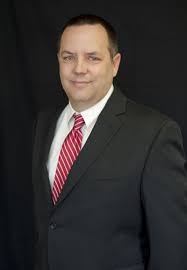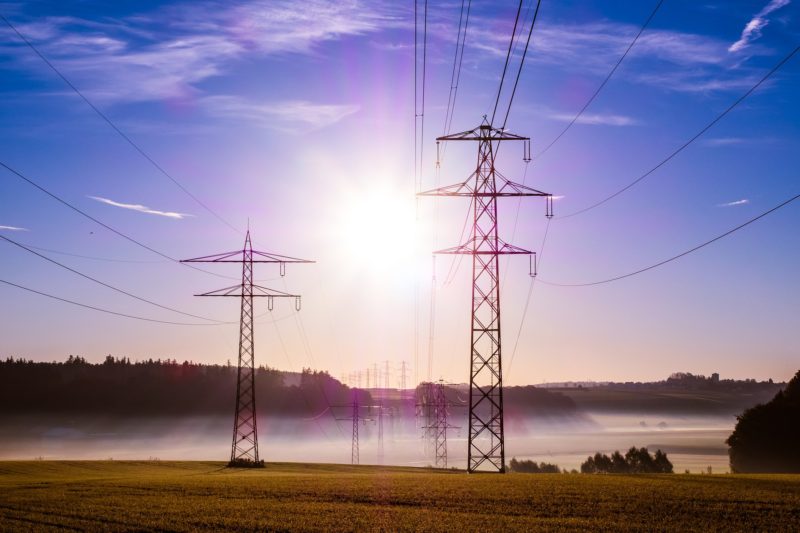JEFFERSON CITY, Mo. – It seems that the idea of a utility rate cap is picking up some steam among some Missouri companies.
Just last week, the Missouri Retailers Association issued a letter to the Missouri General Assembly calling for the institution of a three percent cap on electric rate increases.
The lobbying group, representing retailers around the state, said it would commit to working on energy legislation during the 2018 legislative session if the legislature passes rate caps.
That motion is now being seconded by another group: the Missouri Grocers Association, which represents more than 1,300 local and family-owned grocers, distributors, and suppliers across the state.

“The Missouri Grocers Association is joining the Missouri Retailers Association in calling on the Missouri General Assembly to pass legislation instituting a rate cap on electricity increases,” Dan Shaul, Executive Director of the Missouri Grocers Association wrote in the letter sent to the state legislators. “If we can cap rate increases annually in the range of 3%, it will give grocers, retailers, families and small businesses the stable and predictable pricing we need. This type of rate cap would cut the rate increases that our businesses have seen over the past decade roughly in half.”
In return for implementing the rate caps, both groups say they will support changes to the regulatory process, addressing the lag and allowing utility companies to recover interest costs and asset depreciation, which would allow them to potentially move forward with grid modernization.
The rate caps, as proposed by the groups, would be some of the strongest in the country, but could have significant effects on citizens and businesses.
“For example, the five-year savings for a typical Missouri family, compared to the ten-year status quo, is nearly $850. A locally-owned grocer would save an estimated $25,000 over the next five years; while a big box super store’s five-year savings would be $170,000,” Shaul wrote. “These are dollars that can be returned to our local communities, or reinvested in employees or other improvements.
“Regulations can be burdensome, and possibly nothing has imposed greater costs on my members, our customers, and our communities, than energy costs. We support a plan to bend this cost curve while enhancing critical infrastructure. Forty-six other states have taken action and are well past the checkout lane on this one, and we need Missouri to do the same.”

Benjamin Peters was a reporter for The Missouri Times and Missouri Times Magazine and also produced the #MoLeg Podcast. He joined The Missouri Times in 2016 after working as a sports editor and TV news producer in mid-Missouri. Benjamin is a graduate of Missouri State University in Springfield.








